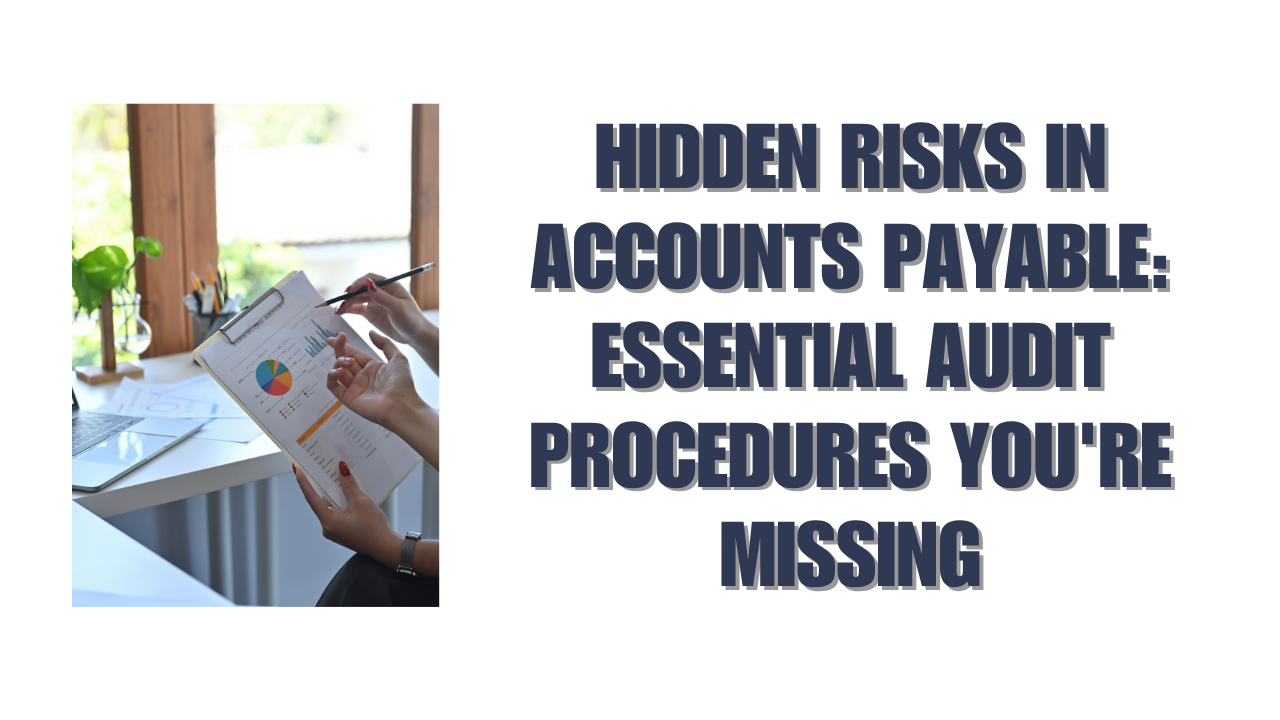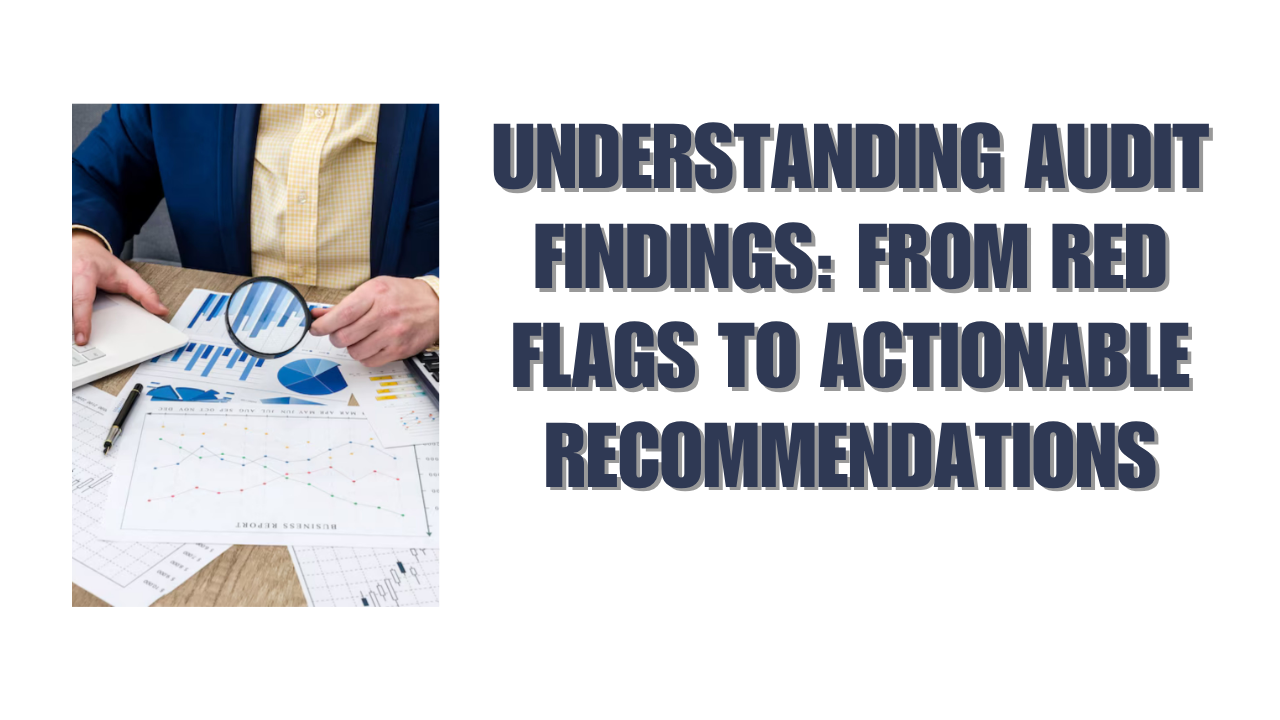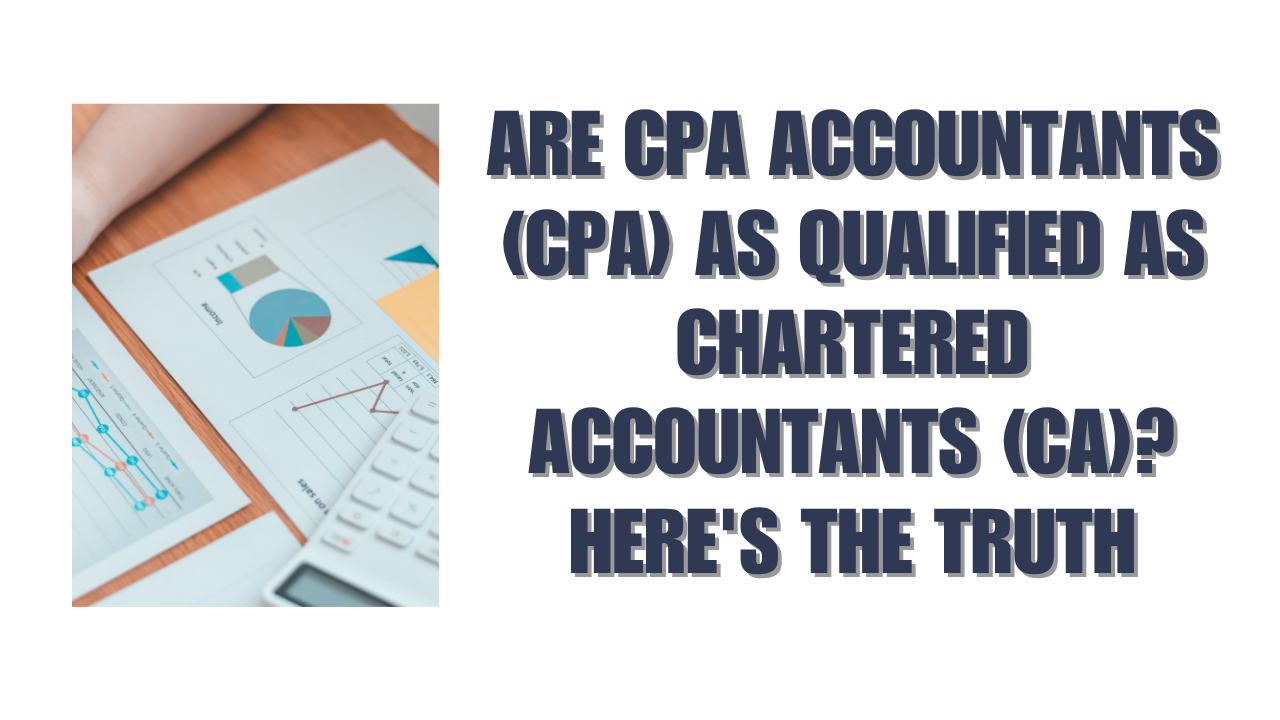Organizations require an auditor’s report as an essential document to verify financial state and operating honesty independently. After conducting an extensive financial statement audit, external auditors issue this report to guarantee transparency and accountability for stakeholders. A report unites three main objectives to verify financial statements have no significant errors and meet established accounting guidelines. Auditors’ reports serve as a basis for investors’ and stakeholders’ decision-making activities because they demonstrate the reliability of companies’ financial presentation information.
Financial markets rely heavily on auditor reports, which play a crucial role in preserving trust between stakeholders. Business organizations depend on this report to signal financial integrity, while stakeholders use it to make their critical financial decisions. The report ensures transparency for stakeholders and management, serving as the key governance element of corporate financial disclosures.
Types of Auditor’s Reports
Different types of auditor’s reports emerge from audit findings scoped throughout the examination period. A clearly filed unqualified opinion represents the auditor’s best assessment because it shows both financial statement accuracy and adherence to relevant accounting standards. When this type of report is received by organizations, their financial health is validated, leading stakeholders to trust their economic condition.
A qualified opinion, on the other hand, highlights specific issues or exceptions in the financial statements. The absolute accuracy of financial statements remains intact, yet key disclosure issues help produce a full representation. These reports point out both non-compliance with regulatory accounting requirements and restrictions within the audit domain.
Professional audit reports issue an adverse opinion when organizations present financial statements that both deviate from accounting standards and feature major misspellings or impurities. When stakeholders notice this red flag, they automatically doubt the trustworthiness of an organization’s financial disclosure practices. Auditors issue disclaimers of opinion statements whenever they cannot establish an opinion because they lack enough audited evidence and management fails to provide adequate cooperation. These reports signify organizational issues that require immediate inspections by stakeholders.
Components of an Auditor’s Report
Structured organization exists within audit reports to achieve both clarity and comprehensive content. The first segment of an audit report contains information about the claims to be inspected and the records to be examined. After the introductory comments, the auditor’s responsibilities are explained regarding the audited procedures and applicable standards. The organization must create statements and maintain financial accuracy in compliance with legislation according to its responsibility under management.
The opinion paragraph represents the essential element of the report because it explains the auditor’s assessment. This section delivers stakeholders definite information about the trustworthiness of financial statement contents. Special attention is given in the report through an emphasis-of-matter paragraph that highlights essential matters for stakeholder awareness, beyond affecting the auditor’s opinion.
The Importance of the Auditor’s Report
Organizations need the auditor’s report as a key tool to maintain both accountability and transparency to the public. Stakeholders receive assurance from the auditor’s report that independently verified financial statements accurately present the company’s economic situation. This confidence and trust developed through auditor reports helps organizations secure necessary funding and attract key investors.
Regulatory authorities depend on the auditor’s report to check financial reporting compliance and detect potential risks throughout the corporate sector. Audit reports serve to find instances of misconduct and guarantee businesses conduct themselves ethically while simultaneously uncovering fraudulent activities. Financial markets preserve their integrity and economic stability through independent audit assessments provided by the auditor.
How the Auditor’s Report Impacts Decision-Making
An organization’s financial health assessment relies on the auditor’s report as an indispensable resource that investors and lenders, together with other stakeholders, depend upon. A clean report demonstrates stability while proving reliability, which attracts investors and lenders to potential investment opportunities. Reports that include qualification statements or adverse opinions generate concerns about the organization’s financial stability and management practices, leading to investment warnings and decreased credit ratings.
Auditor reports show which aspects of operations need to be fixed by management. The benefits gained from addressing what the report reveals will create improved operational methods within stronger internal control systems. Better financial outcomes and enhanced stakeholder trust develop as a result of these actions.
The Role of Auditors in Corporate Governance
Through their essential duties, auditors play a crucial role in protecting corporate governance. They do this by providing satisfied assessments of financial statement integrity and ethical conduct. Auditors function as objective outside observers, bringing together management with their stakeholders. Their unbiased evaluation of financial disclosures empowers organizations to fulfill regulatory demands and preserve their marketplace standing.
Auditor reporting functions to prevent deceptive business practices as well as unethical decisions. When financial statements face external examination, management feels motivated to maintain accurate records while adhering to ethical practices. This accountable, transparent organizational culture emerges as a result of the reporting process, which is vital for achieving sustainable business success.
The Limitations of the Auditor’s Report
The auditor’s report provides essential information to stakeholders, but it has its limitations. For instance, by examining a subset of transactions, the report may not uncover every case of fraud or misstatement. Auditors also depend on data provided by management, which can sometimes be incomplete or misleading. These weaknesses underscore the need for businesses to have strong internal control systems and proper ethical company practices in place.
Throughout the auditor’s report, historical company records receive attention, yet future financial performance analysis remains absent. The report functions best when used alongside other market resource materials like industry trends to create solid decisions by stakeholders.
Why the Auditor’s Report Matters for Businesses
Organizations require an auditor’s report, which serves as more than just regulatory paperwork. It establishes their public commitment to maintain transparent operations and full compliance with codes of accountability. This commitment enhances the organization’s credibility, making it more attractive to investors, lenders, and other stakeholders. The auditor’s report also helps organizations gain a competitive edge by proving their adherence to fundamental standards and leading industry practices.
The resolution of audit report issues helps organizations achieve operational enhancements while making financial savings. Companies that improve their internal control systems and close vulnerabilities make better use of their operational resources and can protect themselves from financial misuse. The company achieves sustainable development and long-term achievement through these measures.
Conclusion
Financial organizations must present the auditor’s report, which serves as their foundation for transparency while acting as a fundamental agent in governance structures for stakeholders. An organization’s financial health goes through an independent evaluation through this assessment, which guarantees regulatory standard adherence along with ethical compliance. Despite several constraints, the report functions as an important instrument for preserving financial market trust and sustaining overall economic stability.
At Aurora Financials, we provide specialized financial solutions that meet your precise requirements. Aurora Financials offers a comprehensive range of services, including Virtual CFO, Auditing and Assurance, Accounting, Financial Reporting, Tax Consulting, NZX-Related Services, as well as Valuation, Risk Control, and Compliance Management. You can discover how we assist businesses in achieving financial success by visiting us at //aurorafinancials.com/.
FAQs
1- What is an auditor’s report, and why is it important?
An auditor’s report is an independent evaluation of an organization’s financial statements, ensuring transparency, accountability, and compliance. It is vital for building trust among stakeholders and supporting informed decision-making.
2- What are the types of auditor’s reports?
The main types include unqualified opinions (clean reports), qualified opinions (minor issues), adverse opinions (major discrepancies), and disclaimers of opinion (insufficient evidence to form an argument).
3- What components are included in an auditor’s report by the auditor?
Key components include an introductory section, management responsibilities, auditor responsibilities, the opinion paragraph, and emphasis-of-matter paragraphs highlighting critical concerns.
4- How does an auditor’s report impact decision-making?
A clean report boosts investor and lender confidence, while qualified or adverse opinions raise red flags about financial stability and management practices, influencing investment and credit decisions.
5- What are the limitations of an auditor’s report?
Auditor’s reports focus on historical financial data, may not detect all instances of fraud, and rely on management-provided information, emphasizing the need for robust internal controls and ethical practices.





